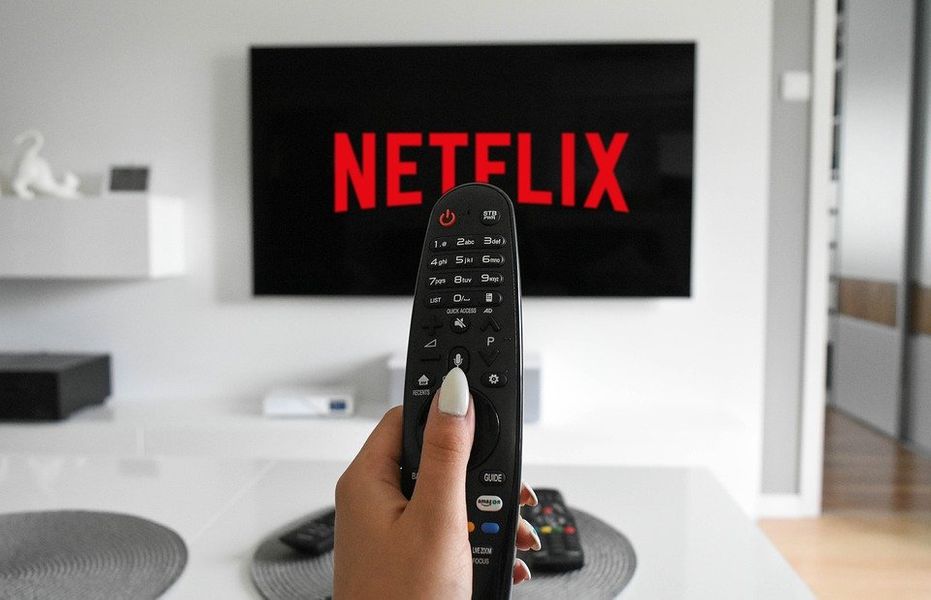You might have witnessed it yourself, often Netflix triumphs seem to be lambasted by the critics and slapped with two-star reviews. The content that tops the weekly chart might have far outstripped anything at the box office or on beloved HBO, but it is still castigated as rubbish. Occasionally, this divide can also be seen in traditional media whereby a new blockbuster defies the critics, but it is undoubtedly more common in the alternate universe of streaming.
From DAHMER – Monster: The Jeffrey Dahmer Story (which was initially knocked for artistic reasons as opposed to the ethical issues which it should have been slated for) to The Gray Man, some of the highest charting shows and movies in Netflix’s history were condemned to the ash heap of history by reviews before they were released as and met with public praise. Now, it’s worth stating from the off that The Gray Man, for instance, was not a masterpiece and shouldn’t have been heralded as such, but it is anomalous, to say the least, that two-star content can be lapped up endlessly and praised with the consumer critique of, ‘I thought it was good fun, to be fair to it’.
Cynics might say this is because of snobbish Luddites romanticising traditional arthouse cinema (and that is true to an extent), but for my money, this disparity is down to the fact that reviews are often still stuck in the analogue age of mainstream media. However, we consume media differently now. While old masters like Martin Scorsese might denigrate streaming movies and series down to mere ‘content’, the crux of the matter is that they’re not trying to compete with the likes of Goodfellas and other artistic masterpieces, they occupy a different niche in our daily lives.
Podcasts, for instance, are a boom of the 21st century, but you’ll rarely ever see a conventional outlet giving one a review. Partly, that is because they skirt under the mainstream radar, but it’s also because they are a tricky beast to critique. You wouldn’t get away with a hum-hawing ramble on the radio or TV, but this humanises podcasts and gives them a sort of irreverent personality that offers us a release from the mechanical grind.
It is that sort of mind-numbing catharsis that we’re after sometimes on streaming too. On a Tuesday night after a long day at work, we’re no longer craving a challenging opus that masterfully couples an examination of Marxist theory with the tale of an old man who quits banking and moves to a Nebraskan cabin. We just want to be satiated by some mindless entertainment. Something distracting before the grim evening news.
Take, for instance, the show Moving Art. This oddity has been successful enough to amass three seasons and all it does is silently display beautiful shots of nature, and it’s absolutely brilliant. Pop that on, throw a playlist on in the background, and you’ve got yourself a grand night in. On paper, it’s a tough show to sell because nothing happens, literally, but it is the perfect tonic to our hectic daily lives. It is, in essence, entertainment therapy.
As psychologist Dr Danny Penman said: “People are working too hard. For the 200 years leading up until the 1980s, people were working progressively less each year. The economist John Maynard Keynes estimated that by now we should be working 15 hours a week,” we all know how that prediction went in our slowly greying world. “We’re also commuting a lot further. We are in and always on work culture as well. Our smartphones mean that we are never away from work, we are never away from social media or emails. We just cannot switch off.”
Netflix almost seems to have realised this reality. They have tapped into the positively mind-numbing entertainment that we now need. With less time to spend with our nearest and dearest and a bombardment of distractions, we need something that we can talk over, and zone in and out of. Paradoxically, these shows also seem to get us talking.
We also massive need the sort of five-star art that challenges society or can rightfully be labelled a modern masterpiece, but the community engagement of something a bit more, well, disengaging is also essential and almost critically mutually exclusive. It’s as though you need a rainy Thursday night rating and an artistic merit rating alongside it. Releases like Stranger Things might soar on both vectors whereas panned yet oddly beloved movies like Murder Mystery might form a contrasting divide.
Critically there is no differentiating between reviews. You rarely hear things like, ‘It’s great if you’re after something utterly ridiculous’. Thus, we get must-watch shows rendering the terrible reviews written about them pointless, because we lap them up and chat about them without ever cherishing them in the traditional artistic sense. Netflix is now the home of water cooler moment TV: a vital cog in society.
In a world that is rapidly changing, and our free time is being squeezed down to a microscopic level, we need fast food entertainment to go alongside the wholesome roast of a foreign cinema zenith, and they should be judged separately. Masterpieces might still be the Michelin star standard, but it’s high tide we stopped turning our noses up at the hearty greasy spoons of this world.
